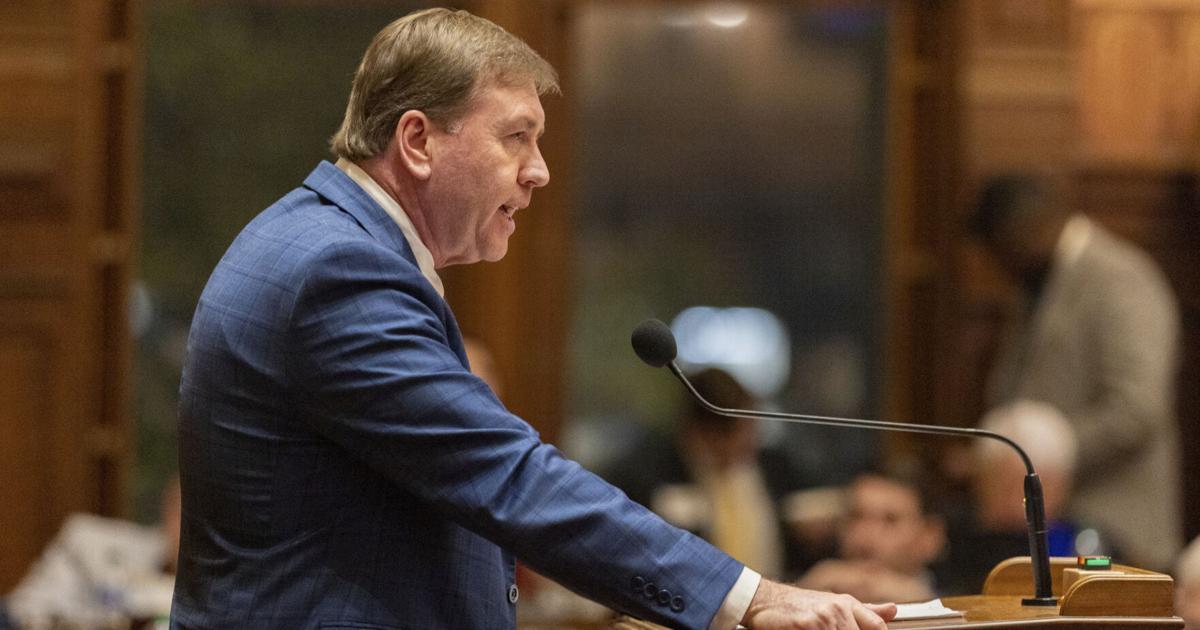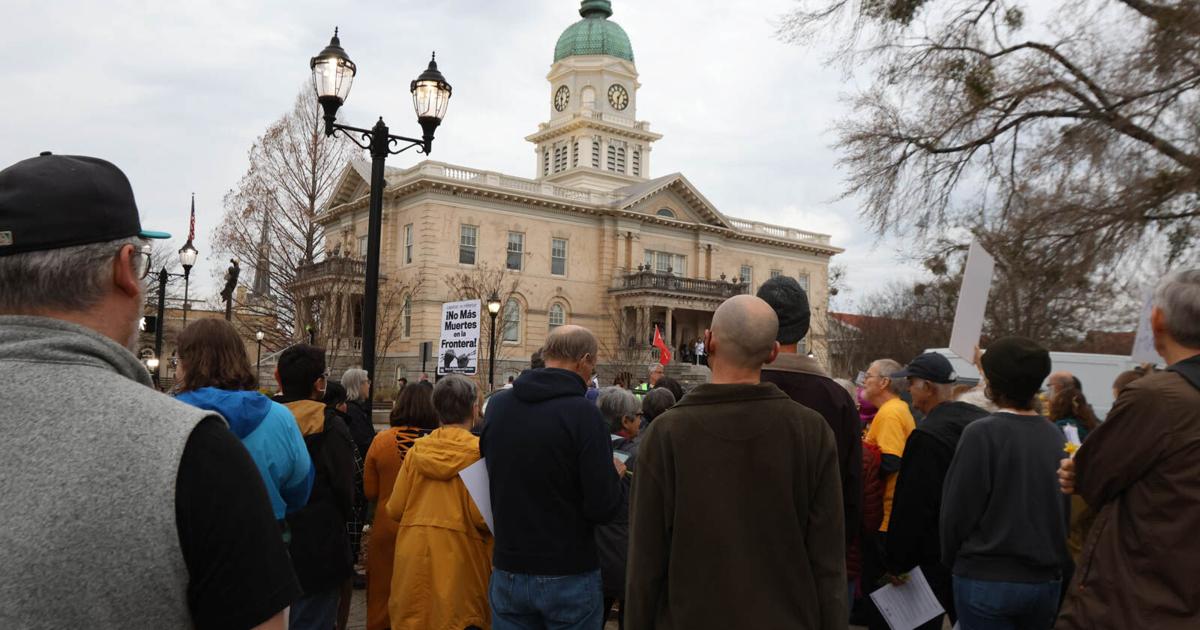Dozens of job opportunities could open up for those with criminal records if a legislative push successfully removes barriers to professional licenses, which are required for one in seven jobs in Georgia.
The Georgia Justice Project’s criminal justice reform efforts target the professional licensing process that potential employees must go through to work as an engineer, teacher, hairdresser, nurse, truck driver, and many other fields. This week, state legislatures began a new legislative session in which they could take up a proposed bill that includes details to be discussed at meetings of a task force led by Sen. Brian Strickland, a McDonough Republican, and Democratic Butler Rep. Patty Bentley were worked out.
A professional committee issues licenses to hundreds of thousands of Georgians who meet standards based on education and prior experience, pass certification exams, and pass background checks.
Many people are unaware that they have a chance of successfully winning an appeal against the licensing authority’s denial, or they do not have the resources to go through this process.
Doug Ammar, the GJP’s executive director, said a criminal record should not always be kept against someone who is otherwise qualified to hold a job. The mere fact that someone has an arrest on their record can sometimes be enough to disqualify them, he said.
“Because there isn’t a lot of regulation or law in this regard, the authorities can examine something that wasn’t a conviction, something can be deleted or pardoned, and they can still use it to prevent you from getting a license.” said Ammar. “There’s a pretty wide range of how that can affect you without much input from the various licensing agencies in the state.”
Strickland said the purpose of the proposed legislation is to establish a more standardized licensing process, with some bodies overseen by the Secretary of State and others privately.
McDonough’s attorney said there are some offenses that should prevent someone from working in certain jobs, such as someone who has abused elders who are unable to work with vulnerable populations.
Ultimately, according to Strickland, the goal is to help people who have made mistakes remain productive members of society.
“We’re trying to make sure it’s a fair process and that we don’t create these barriers that shouldn’t prevent people from being productive members of society if it has nothing to do with the field in which they work,” he said.
Ammar said Georgian legislation will aim to create clear guidelines on how long or serious the offense was and whether it affects a person’s ability to work in a particular industry, Ammar said.
The Atlanta nonprofit is also looking to expand the adoption of a pre-approval process already used by some professional bodies. It allows someone to determine in advance if there is anything preventing them from acquiring a license.
Strickland said pre-approval better ensures that a person doesn’t waste time and resources only to find out later they aren’t eligible.
A number of other states, including Arkansas, Maryland, Massachusetts and Tennessee, have passed legislation supporting what the National Employment Law Project calls “Fair Chance Licensing,” which reforms laws that unnecessarily impede fast-growing careers such as health care, education and transport.
“As leaders at all levels of government work to ‘build better’ and address the nation’s legacy of racial injustice and persistent racial inequality, there is a greater need than ever to remove barriers to employment for record-keeping workers,” said the Center for American Progress in a May 2021 report.
GET THE TOMORROW HEADLINES IN YOUR INBOX
SUBSCRIBE TO








